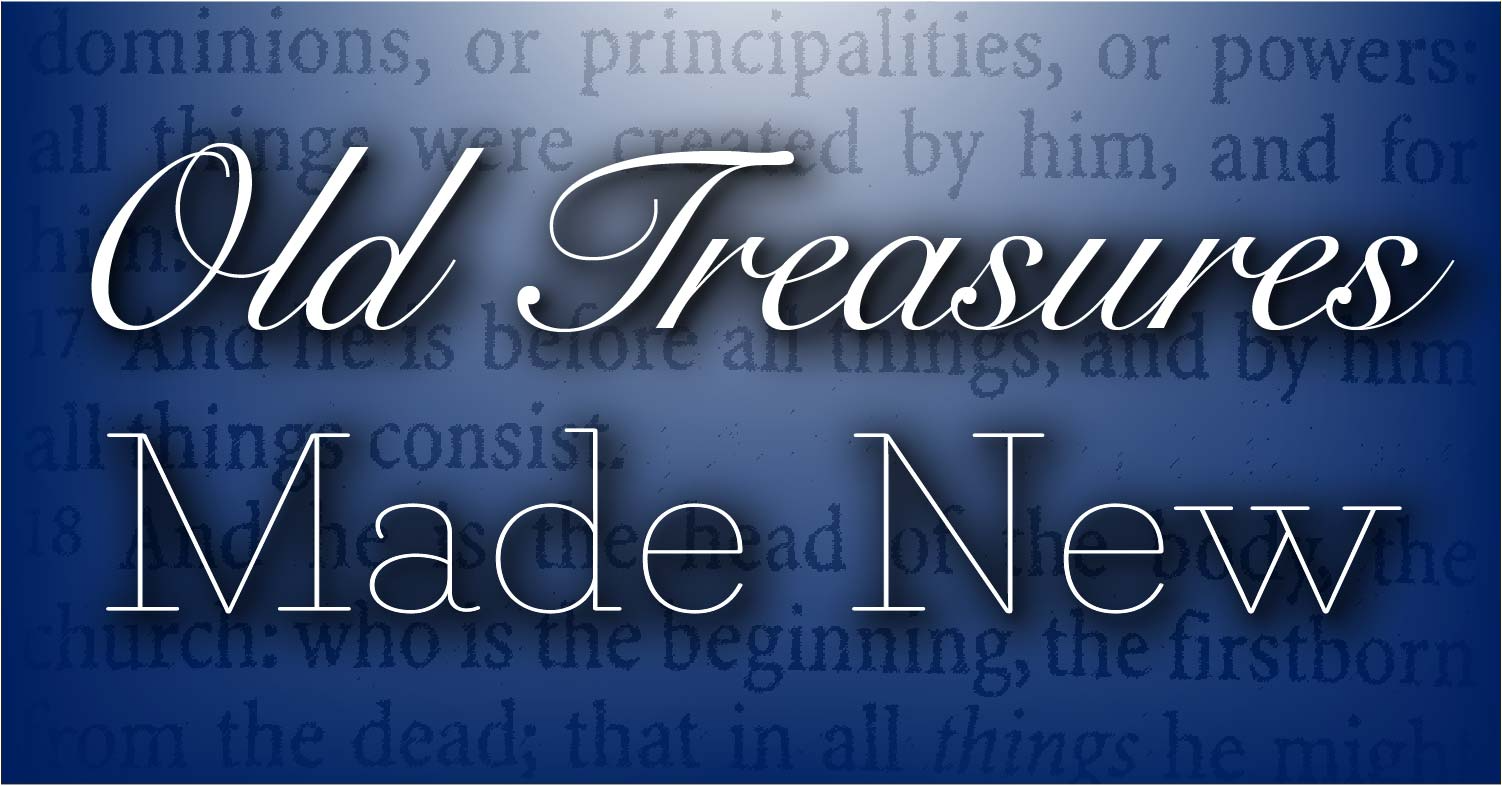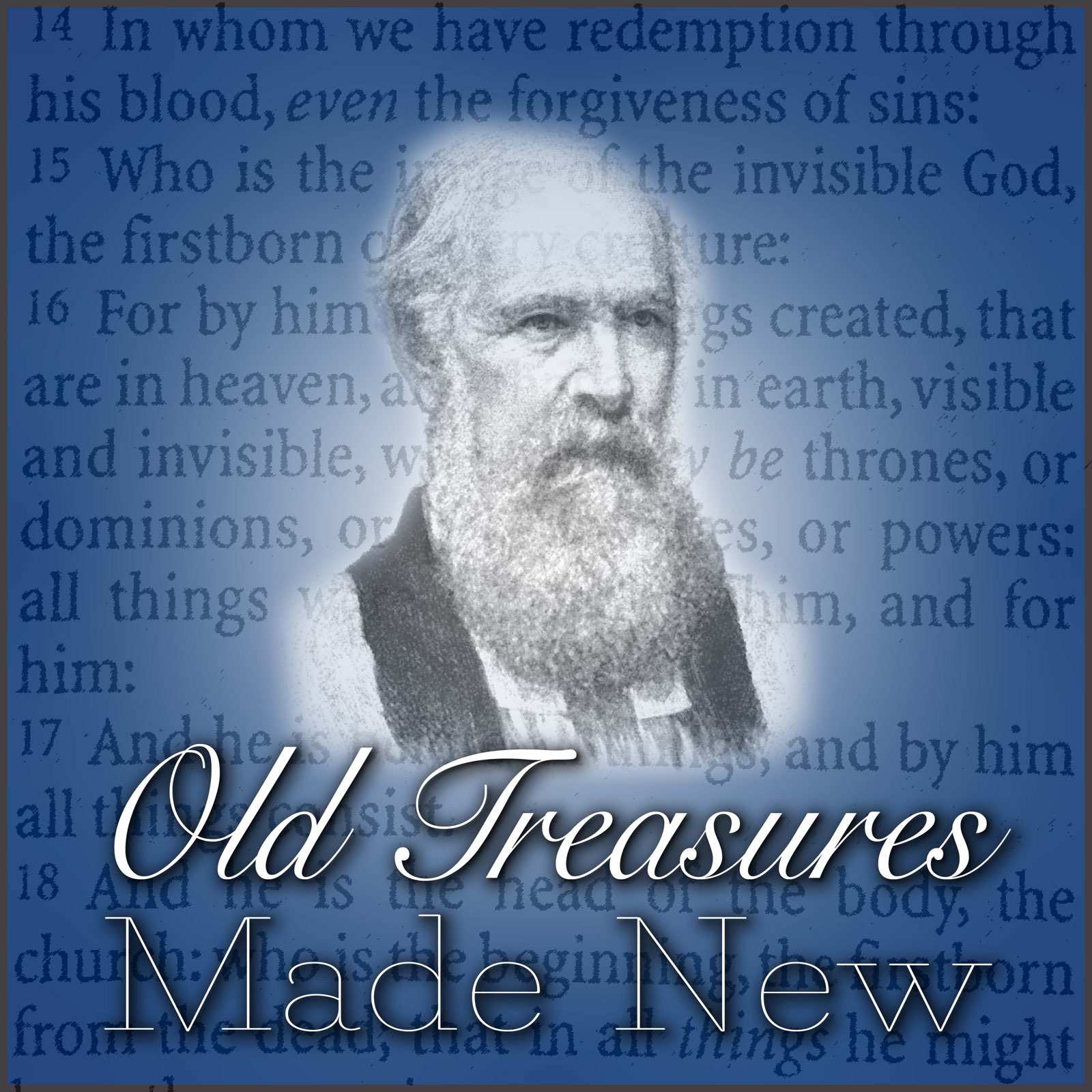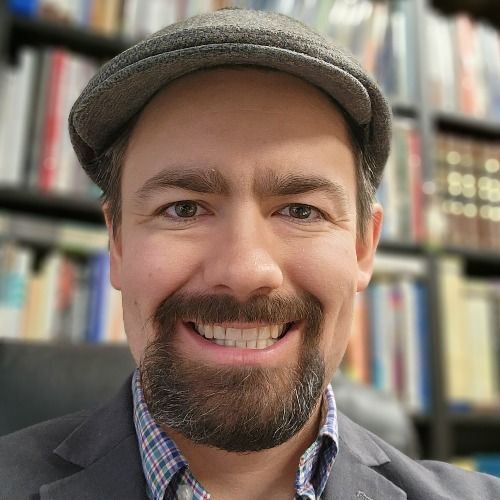Episode 360
John 9:1-12
Until John, we have been using older manuscripts of Ryle's Expository Thoughts. Just recently, though, EP Publishing has put out a lightly updated version of Ryle's work, which I am now working from. If you are interested in a physical copy of the Expository Thoughts, you can find it HERE.
John 9:1-12
- We should observe how much sorrow sin has brought into the world.
- We should observe what a solemn lesson Christ gives us about the use of opportunities.
- We should observe the almighty power that Christ holds in His hands.
"Let us learn to hate sin with a godly hatred as the root of more than half of our cares and sorrows."
"Our time is very short. Our daylight will soon be gone. Opportunities once lost can never be retrieved. A second lease of life is granted to no one. Then let us resist time wasting as we would resist the devil."
"In conferring blessings on men and women, He will work in His own way and will allow no one to prescribe to Him."
"Why should we despair of salvation while we have such a Saviour? Where is the spiritual disease that He cannot take away? He can open the eyes of the most sinful and ignorant and make them see things they never saw before. He can send light into the darkest heart and cause blindness and prejudice to pass away."
Questions:
- This passage reveals to us the evil that sin is in the case of this man born blind. Ryle exhorts us to learn to hate sin with a godly hatred which is the root of more than half of our cares and sorrows. When we see the effects of sin in our own bodies or those of others, how do we respond? How could we grow in hating sin more?
- Jesus declares that he must be doing the works of Him who sent him while it is still day. Ryle applies this to the fact that our lives our short and that the time to work is now. Do we live in such a way as to redeem the time and give ourselves for good works? Do we find ourselves structuring good works into our lives, or do we live for rest and comfort?
- We see Christ using mud made from his saliva to heal the blind man, yet other times all he needed to do was say the word or touch the person. Ryle sees here the reality that Christ uses different means in his work. He points out that we tend to look at others on the basis of our experience and consequently look down on others who do not match that experience. Are we guilty of this? Are we able to see the fruit instead of the means?
- We see that Christ is God in this impossible healing of the man born blind. Ryle wants us to take heart that if He can do this to a man's body, how much power does He have to heal a man's soul? Do we despair of the salvation of anyone? Would we apply this truth and find hope in our prayers and sharing!


